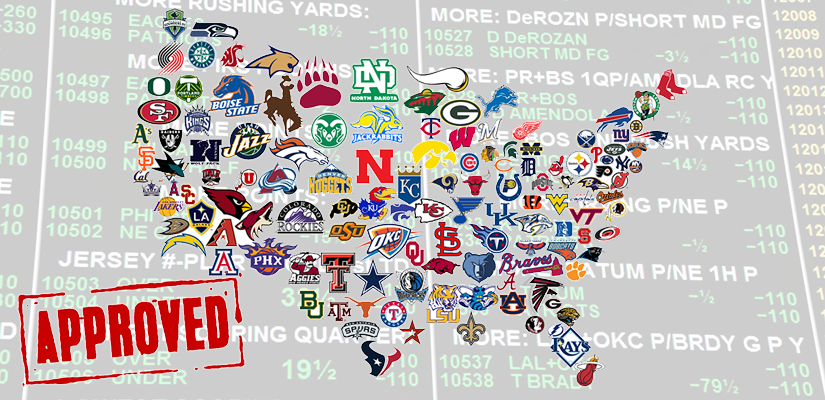The American interest for sports betting is prodigious.
While Nevada sportsbooks generate about US$4 billion in legal bets yearly, somewhere from $55 billion to $450 billion is bet illegally with bookies and internet-based overseas sports betting entities.
The wide range of estimates exists because companies operating illegally don’t disclose business records. Even the low end of the range implies a substantial market for sports betting.
In the last decade, proponents of legalized sports gambling have attacked PASPA as bad policy, primarily on three grounds:
If states allow sports betting, they would gain considerable revenue by taxing a form of betting that enjoys wide support in the US. Polls suggest people favor legalizing sports betting by nearly 65%. By allowing such a substantial illegal market, states are opening untapped a sizable revenue source.

Legalized sports betting actually increases integrity of sporting events because licensed sportsbooks have an interest in reporting unusual gambling activity to authorities. The sportsbooks destine to lose considerable money if they allow bets on games that have been “fixed,” because a successful sports book operation is based on having a rough equivalence bet on each side of an event.
By legalizing, regulating and taxing sports betting, the state might eliminate the illegal market for sports gambling, which historically has had connections to organized social crime. Better to have the states collect tax revenues from sports betting than to have criminal elements profit.
The social costs of gambling are high
The pro-legalization critics are far from indisputable. For example, tax revenues generated from legalized sports gambling might be offset by the social costs made by those with gambling disorders.
Moreover, legalized sports betting does include match fixing, as European soccer has illustrated, and the belief that professional athletes earn too much money to be targets for game-fixing may be mistaken.
Finally, legal sports gambling would not left the illegal neighborhood bookie out of business. Sportsbooks run on a cash up-front basis. A sports bettor typically deal with his bookie on a periodic basis to pay off his losses (or collect winnings) without money being required in advance.